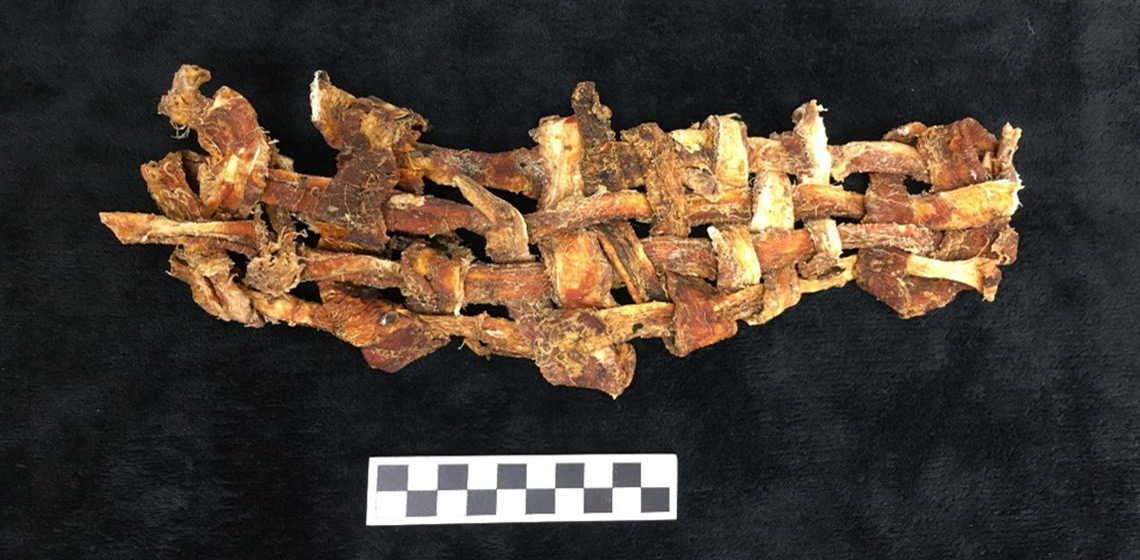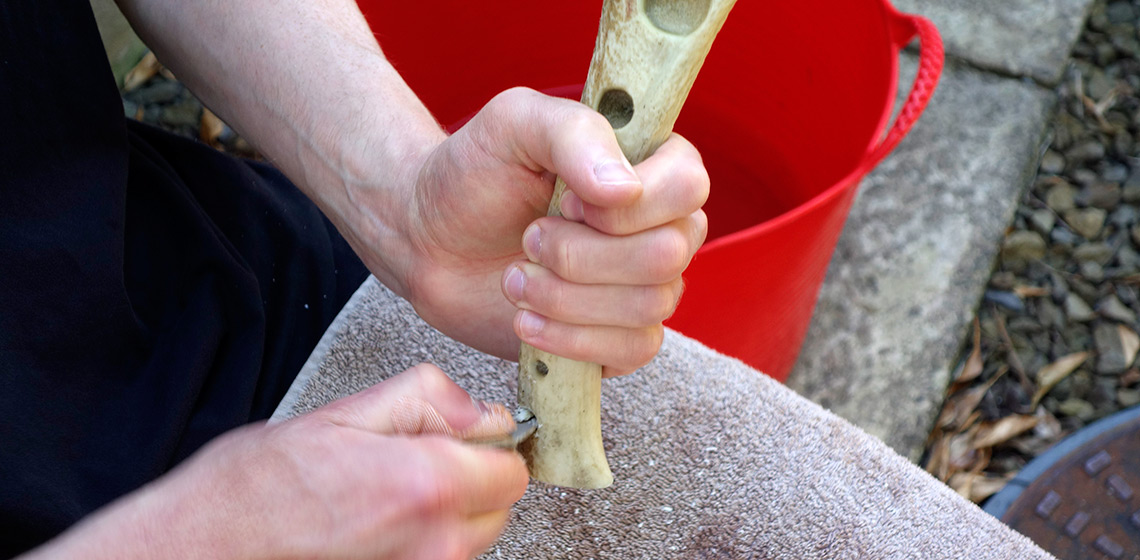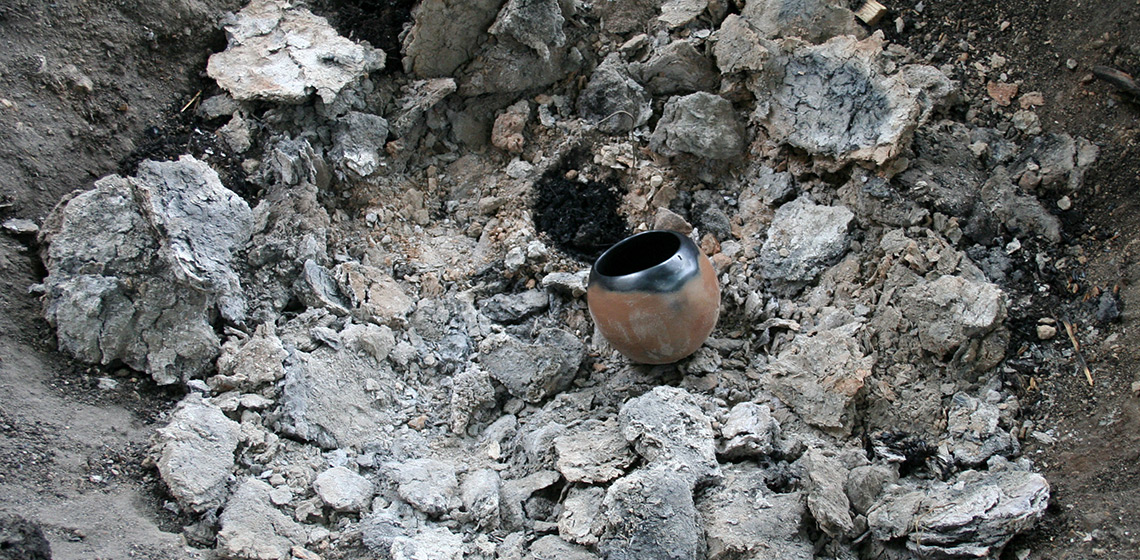Experimental Archaeology
Experimental Archaeology is an approach for filling gaps in our knowledge about the past, which cannot be filled through other archaeological research methods. An archaeological experiment must always answer a specific research question through practically testing production, use and/or formation of material culture and/or archaeological features. In Experimental Archaeology, testing a hypothesis in direct reference to the archaeological record is the core activity. The information gained should be impossible to obtain from solely examining original artefacts. The practice of experimental archaeology is strongly connected to the other four legs of EXARC as growing craft experience as well as interpretation can also lead to research questions and experimental projects.
Featured Experimental Archaeology Events
There are no results we can show you which match your search query. Please modify your search.
Higher Education Centres and Groups working with Experimental Archaeology
EXARC includes several higher education centres in its membership. These universities and other adult education facilities offer a wide diversity of courses on material culture, ancient technology and experimental archaeology. We are working on a full list of the universities across the world and wish to list them as well. The groups, associations and foundations who are EXARC member and work with experimental archaeology are also listed on this map. Each is represented with a short story, an exact address and their official website for up to date information.
Note: EXARC Members are marked with a red balloon.
EXARC
Stichting Erfgoedpark Batavialand
att. EXARC
Postbus 119
8200 AC Lelystad
the Netherlands
Website: EXARC.net
Email: info@exarc.net
Creative Commons Licence
The content is published under Creative Commons Attribution Non-Commercial 4.0 License. If you have any queries about republishing please contact us. Please check individual images for licensing details.




